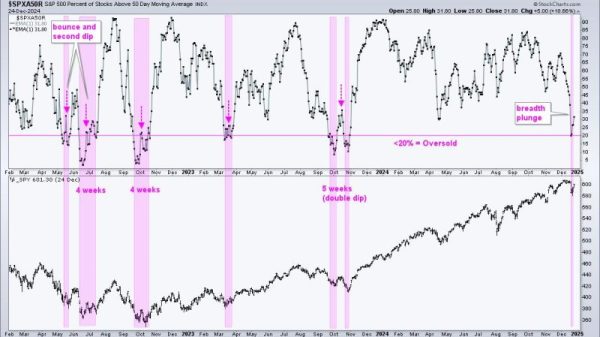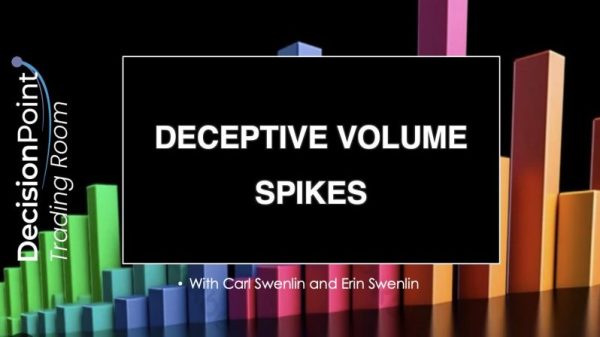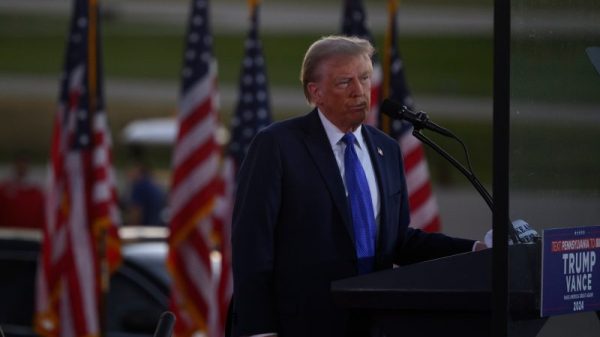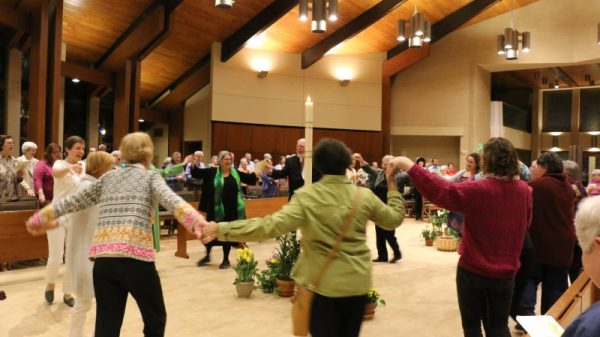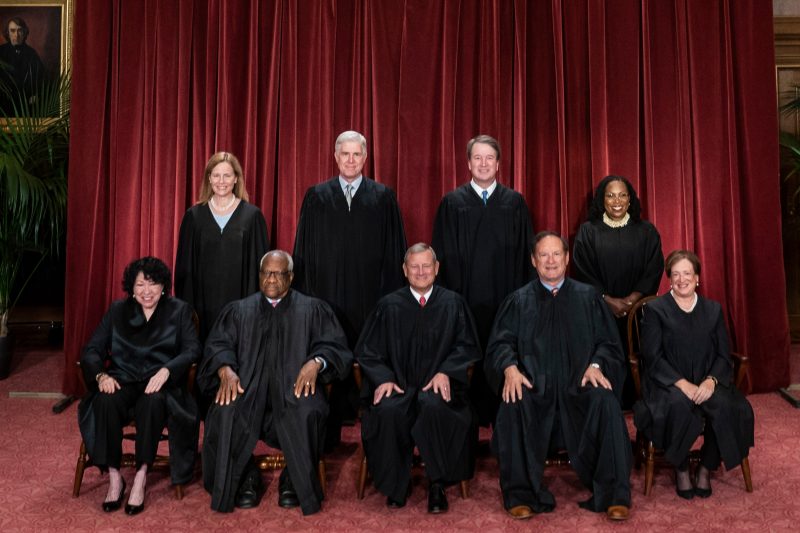The Supreme Court on Wednesday heard the latest in a series of challenges to the power of federal agencies, with the conservative majority expressing doubt about the in-house legal proceedings Congress says the Securities and Exchange Commission may use to discipline those it believes have committed fraud.
The U.S. Court of Appeals for the 5th Circuit ruled in 2022 that the SEC’s in-house tribunals violated the Constitution’s Seventh Amendment right-to-a-jury trial, that Congress exceeded its power in allowing such tribunals and that the job security provided to administrative law judges who hear such cases infringed on the executive branch’s prerogatives.
It was the right-to-a-jury part of the decision that dominated the Supreme Court’s oral argument that lasted two hours and 15 minutes. And while a broad decision could cast doubt on the work administrative law judges do across a broad swath of the federal government, the justices critical of the SEC procedures seemed to be looking for a more narrow resolution.
Wednesday’s arguments showed a familiar tension in the court between conservatives, who say the growing power of the “administrative state” has crimped the rights of individuals who are regulated by federal agencies, and liberals, who say Congress should be trusted to delegate authority to agencies confronting the nation’s increasingly complicated problems.
But there was a 1977 precedent that seemed at odds with the views of the conservatives: It affirmed the powers of a workplace safety commission to conduct administrative hearings and said the right to a jury should not be interpreted to bar such administrative proceedings or restrict all fact-finding in civil cases to a jury. The case, Atlas Roofing Co. v. Occupational Safety and Health Review Commission, came up more than 100 times during the argument.
“It couldn’t be clearer,” said Justice Elena Kagan, who is a liberal. “Congress is not required by the Seventh Amendment to choke the already crowded federal courts with new types of litigation or prevent it from committing some new types of litigation to administrative agencies with special confidence.”
She and Chief Justice John G. Roberts Jr., a conservative, used their comments and questions to advocates to frame the underlying disagreement on the court.
“The extent of impact of government agencies on daily life today is enormously more significant than it was 50 years ago,” Roberts told Deputy Solicitor General Brian H. Fletcher, who represented the Biden administration defending the SEC.
“The government is much more likely to affect you and proceed against you before one of its own agencies than in court, and that concern and that threat is far greater today than when Atlas Roofing was set up,” Roberts continued. “And as a general matter, it does seem to me to be curious that — and unlike most constitutional rights — that you have that right until the government decides that they don’t want you to have it. That doesn’t seem to me the way the Constitution normally works.”
Kagan responded to Roberts’s remarks by saying that in the time since the Atlas ruling, “our problems have only gotten more complicated and difficult. And it’s usually Congress that decides how to solve those problems and whether administrative agencies with the kind of expertise that they have are the appropriate way to solve those problems, not this court.”
When lawyer S. Michael McColloch told Kagan that the court had not really advanced the holdings of Atlas since it was decided, the justice drew laughter in the courtroom by replying: “Nobody has had the, you know, chutzpah — to quote my people — to bring it up.” With the death of Ruth Bader Ginsburg and retirement of Stephen G. Breyer in recent years, Kagan is the lone Jewish justice among the nine members of the court.
McColloch was representing George Jarkesy, who set up two hedge funds and used Patriot28 LLC as the investment adviser. The funds had more than 100 investors and about $24 million in assets. The SEC launched an investigation into Jarkesy and Patriot28’s investing activities in 2011, and the agency alleged that they made several misrepresentations and overvalued the funds’ assets to increase fees they charged investors.
They represented to brokers and investors that a prominent accounting firm served as the funds’ auditor and that a prominent investment bank served as their prime broker, the government said in its brief, even though “the firm never audited the funds and the bank never opened a prime brokerage account for them.”
After an in-house tribunal found the violations, the SEC ordered Jarkesy and Patriot28 to pay $300,000 in a civil penalty and turn over nearly $685,000 in illicit profits.
Those who face such proceedings then have the ability to challenge them in court, and the conservative appeals court threw out the findings against Jarkesy on three grounds: that it violated the Seventh Amendment, that Congress exceeded its powers in allowing the SEC the choice to bring actions either in-house or in district court, and that the removal procedures for administrative law judges who hear such proceedings provide too much protection.
Fletcher said the appeals court was wrong on all counts. “Throughout our nation’s history, Congress has authorized the agencies charged with enforcing federal statutes to conduct adjudications, find facts, and impose civil penalties and other consequences prescribed by law,” Fletcher said. “This Court should reject all three of the 5th Circuit’s reasons for upsetting that longstanding and entrenched practice.”
But he faced tough questioning from the conservatives on the high court. Justice Clarence Thomas has written critically about the practice, and Justice Neil M. Gorsuch said using in-house tribunals was a relatively new and somewhat limited SEC power. “We all agree Congress has a lot more problems on its plate today than it did 100 years ago, or even 50 years ago,” Gorsuch said. “But that doesn’t mean that the constraints of the Constitution somehow evaporate, do they?”
Justices Brett M. Kavanaugh and Samuel A. Alito Jr. said it didn’t make sense to provide the protection of a jury when a private party sues a person, but not when the government does. But Alito said that framework might also serve as a narrow way to decide the case before them, without getting into other areas where agencies hold great power, such as immigration, customs, taxes and benefits such as Social Security.
He said the court might be able to “decide this case on the narrow ground that the statutory securities fraud claims are sufficiently close to a common law fraud action” that the protections of the 7th Amendment apply to.
McColloch said Congress and the SEC could solve the problem by giving those under investigation the choice between an in-house tribunal or a jury trial — the same choice that the SEC has when it commences an investigation.
The case is SEC v. Jarkesy.







